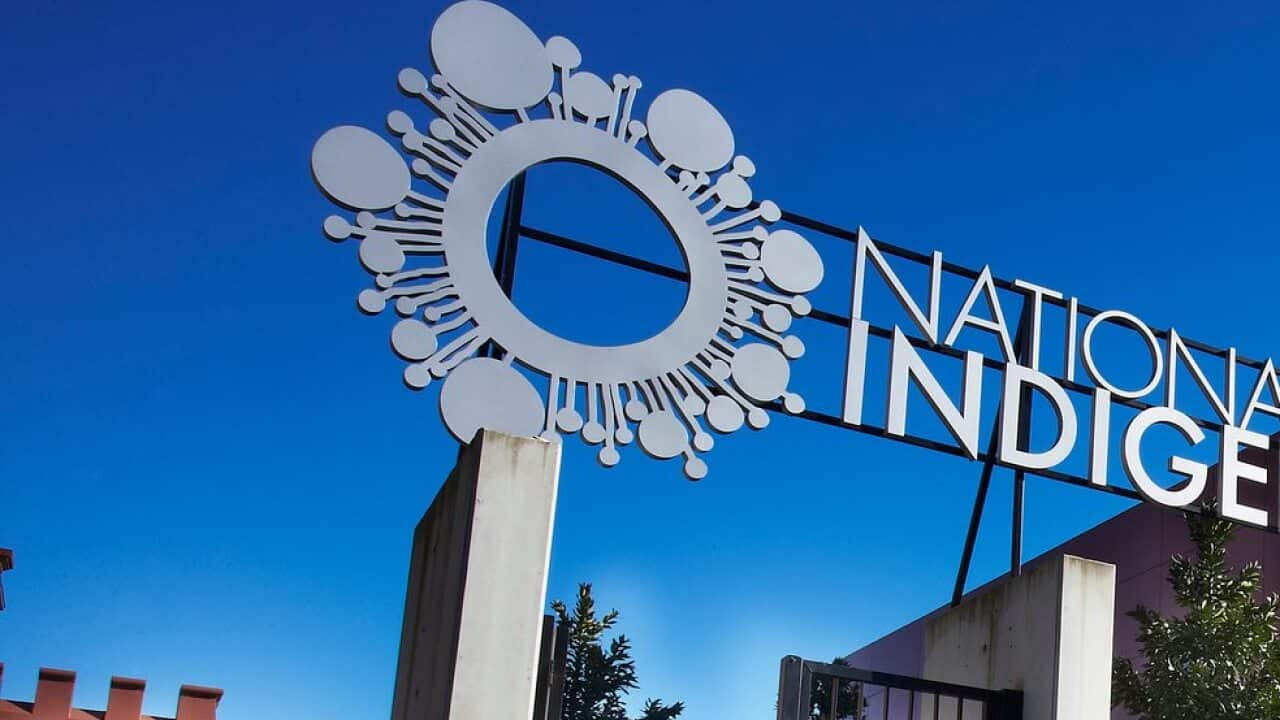An early-learning program for Tasmanian Aboriginal children has expanded its services to northern areas of the state.
The kutalyana Collective is part of the 'Connected Beginnings' program, a national initiative that aims to improve health, education, and developmental and social outcomes for Aboriginal children aged 0 to 5 to ensure they're ready for school.
Chloe Woolnough is the state-wide Program Manager for Connected Beginnings, which is run by the Tasmanian Aboriginal Centre (TAC).
She said the kutalayna Collective, after being active in Tasmania for four years, has expanded over the last 12 months.
"The expansion [of the program] is a testament to the great work that the TAC is doing," she said.
"They are committed to improving the lives of Aboriginal children within lutruwita (Tasmania) so the program has expanded now to pataway (Burnie), northern Launceston and George Town."
Aboriginal community 'at the centre'
Raylene Foster is the Chief Operations Officer for the Tasmanian Aboriginal Centre.
“A program like Connected Beginnings is vital to improving the whole ecosystem of service delivery for Aboriginal children," she said.
"This place-based program is essential for the... health, social, educational and development needs for Aboriginal children, to be delivered through an Aboriginal lens.
"Putting the Aboriginal community at the centre of the work, we’ve been able to identify gaps that service providers wouldn’t have identified previously."
The Connected Beginnings program employs local Aboriginal community members at its sites.
"It’s place-based work, so the people that are employed are Aboriginal, they’ve lived in the area, they’ve got knowledge of the area, which then makes the connection to the community, the relationships already there," Chloe Woolnough said.

Francis Ketley at the kutalayna NAIDOC Week kipli and kani event. Source: Supplied: Kate Glover
Hundreds of kids accessing heathcare
The program is part of the wider work done by the kutalayna Health Service, which provides integrated, comprehensive, and culturally safe healthcare, prioritising the health and well-being of Aboriginal children and their families.
In the last year, more than 690 Aboriginal clients were provided with primary health care at the kutalayna clinic, including 165 local Aboriginal children under the age of five who accessed health services at least five times a year.
Those health services include specialist clinics, paediatric care, audiology review, facilitation of oral health review, childhood immunisations and 715 Aboriginal health checks.



